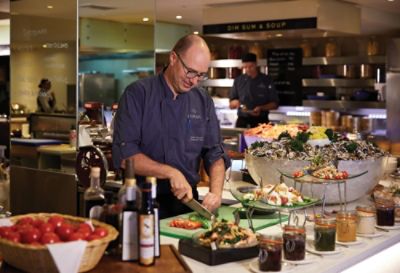Enjoy a 5-star experience at Cordis, Auckland with our signature Dream Beds and thoughtfully designed interiors across 640 stylish hotel rooms and suites.
READ MORE

PREMIER SKYLINE DOUBLE DOUBLE PINNACLE TOWER
AMENITIES AND SERVICES
Wired and wireless broadband Internet
Option to combine rooms for extra space or larger groups (charges apply)
USB charging stations
Round table with 2 chairs
55-inch LG TV
Internet Protocol television (IPTV) with device casting capability
Iron and ironing board
Electronic safe deposit box
LED energy-efficient lighting
Night lights
Tea-making facilities
Complimentary refreshment set on arrival
Coffee machine and pods
A city skyline view
(Please note: A view of the Sky Tower is not guaranteed with every room)
Signature Dream Bed
Pillow menu
Large window with privacy blind
Cordis toiletries
Separate bathtub and rain shower
Corner room with shower only
24-hour in-room dining
Daily housekeeping
Daily local newspaper







